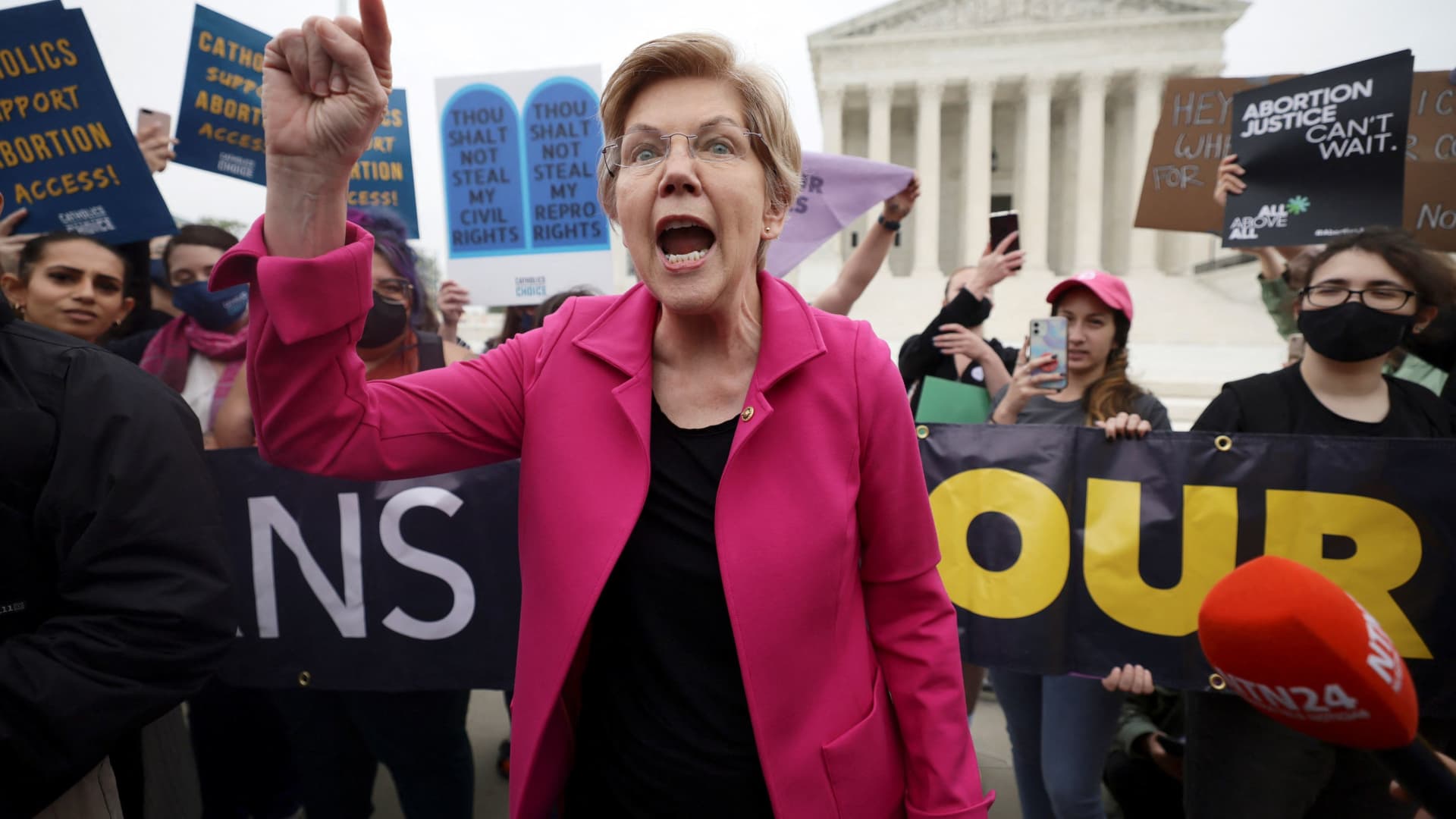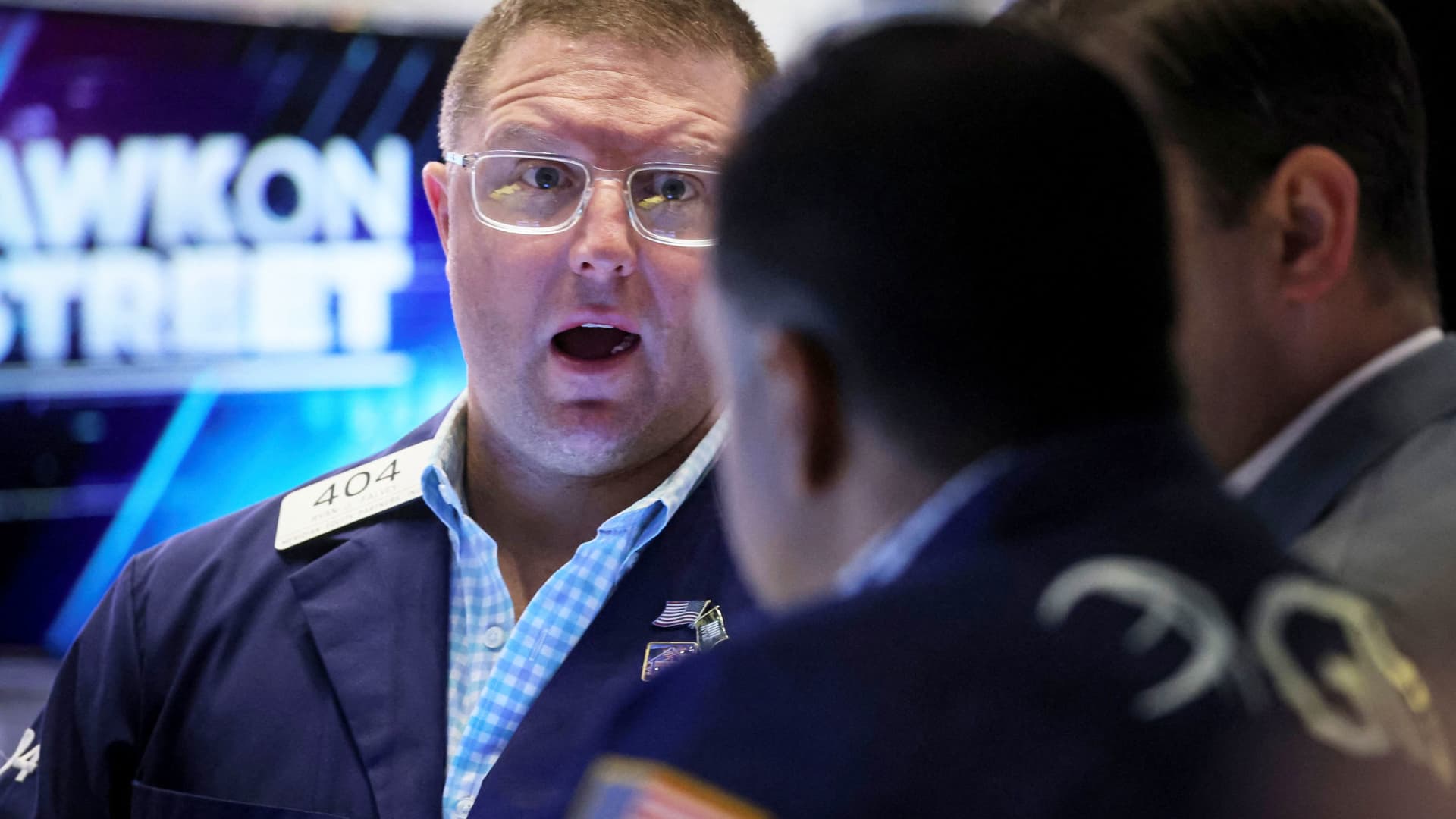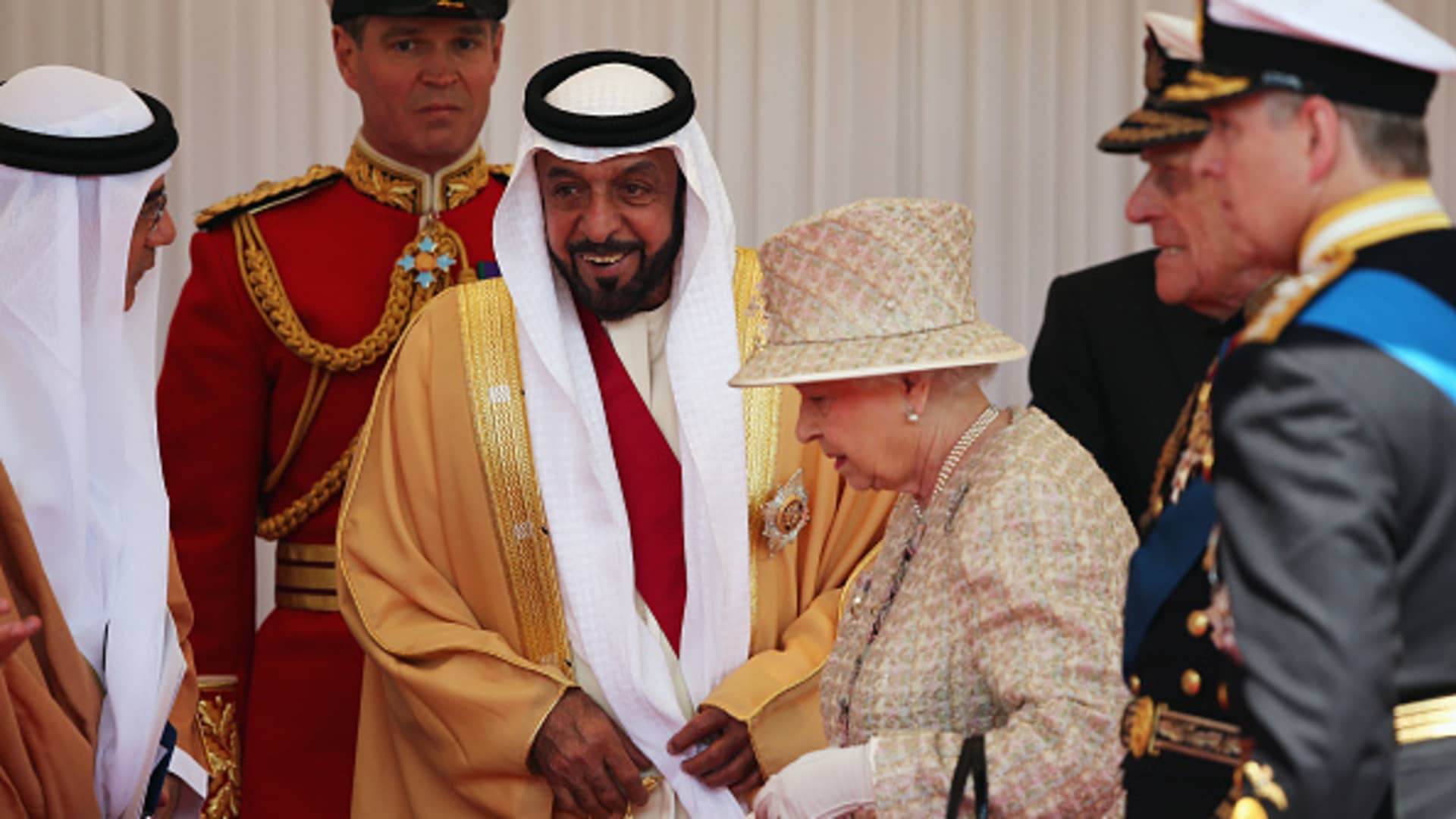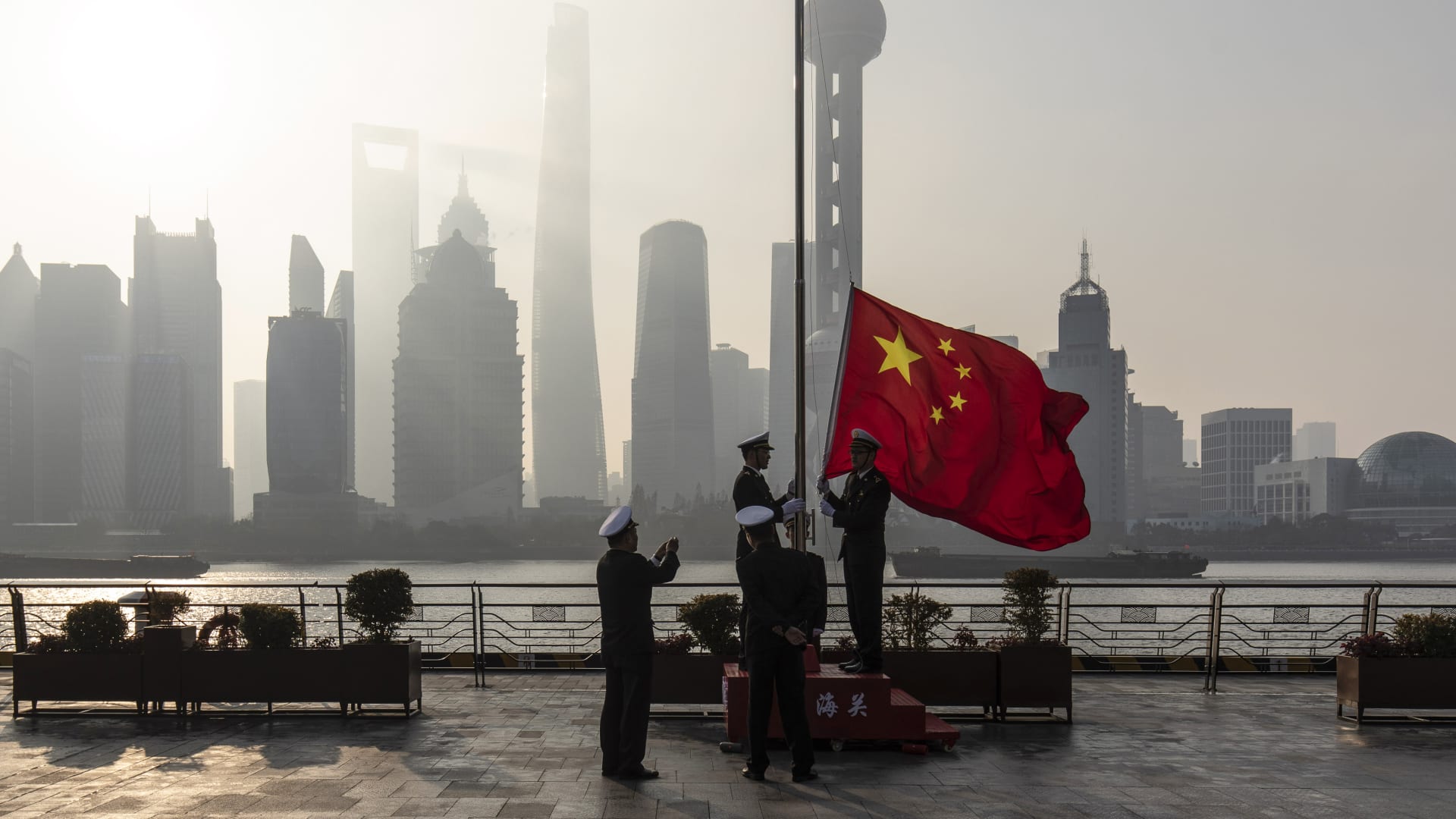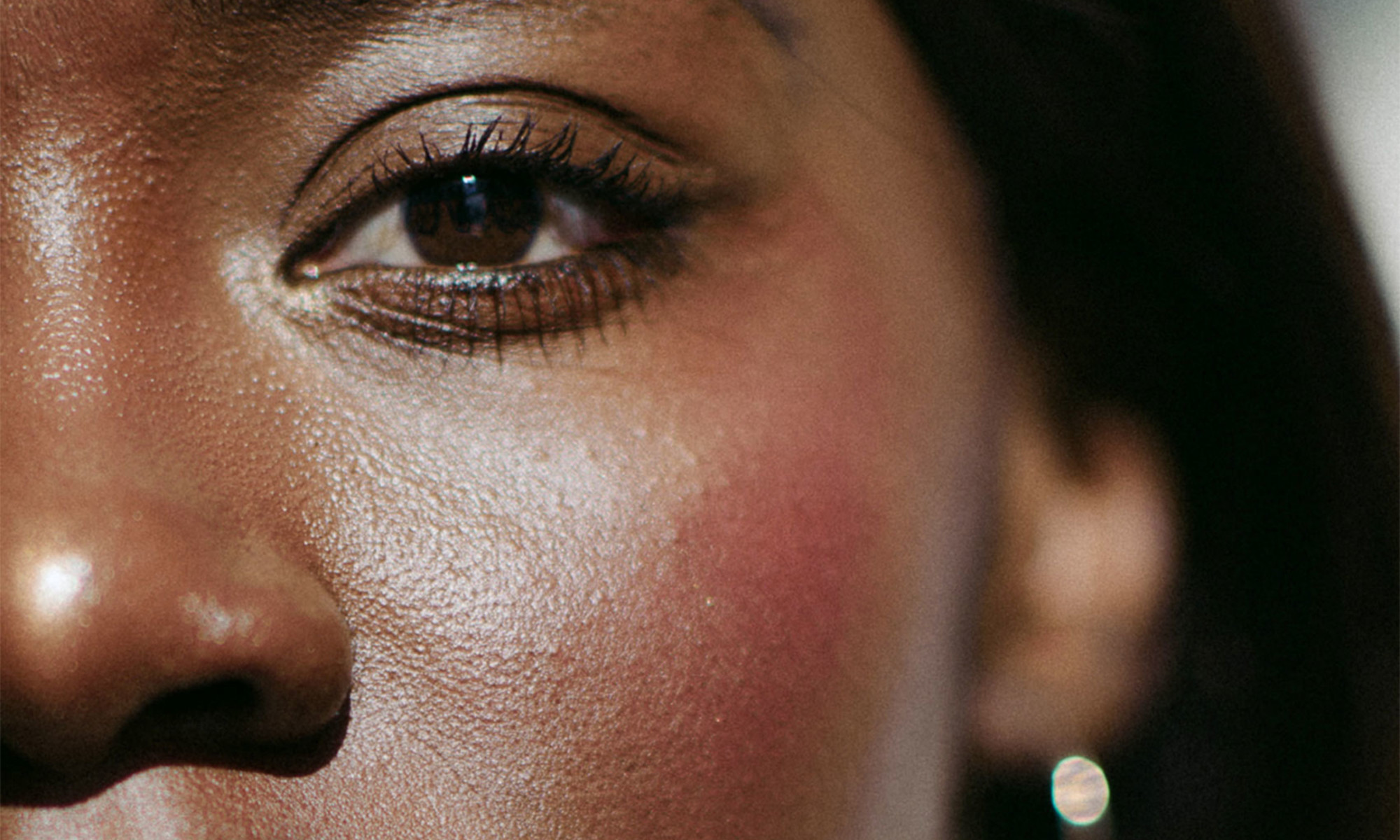WikiLeaks founder Julian Assange will not be immediately extradited to the U.S., British court rules
WikiLeaks founder Julian Assange on Tuesday was granted permission by a U.K. court to appeal the case against him.
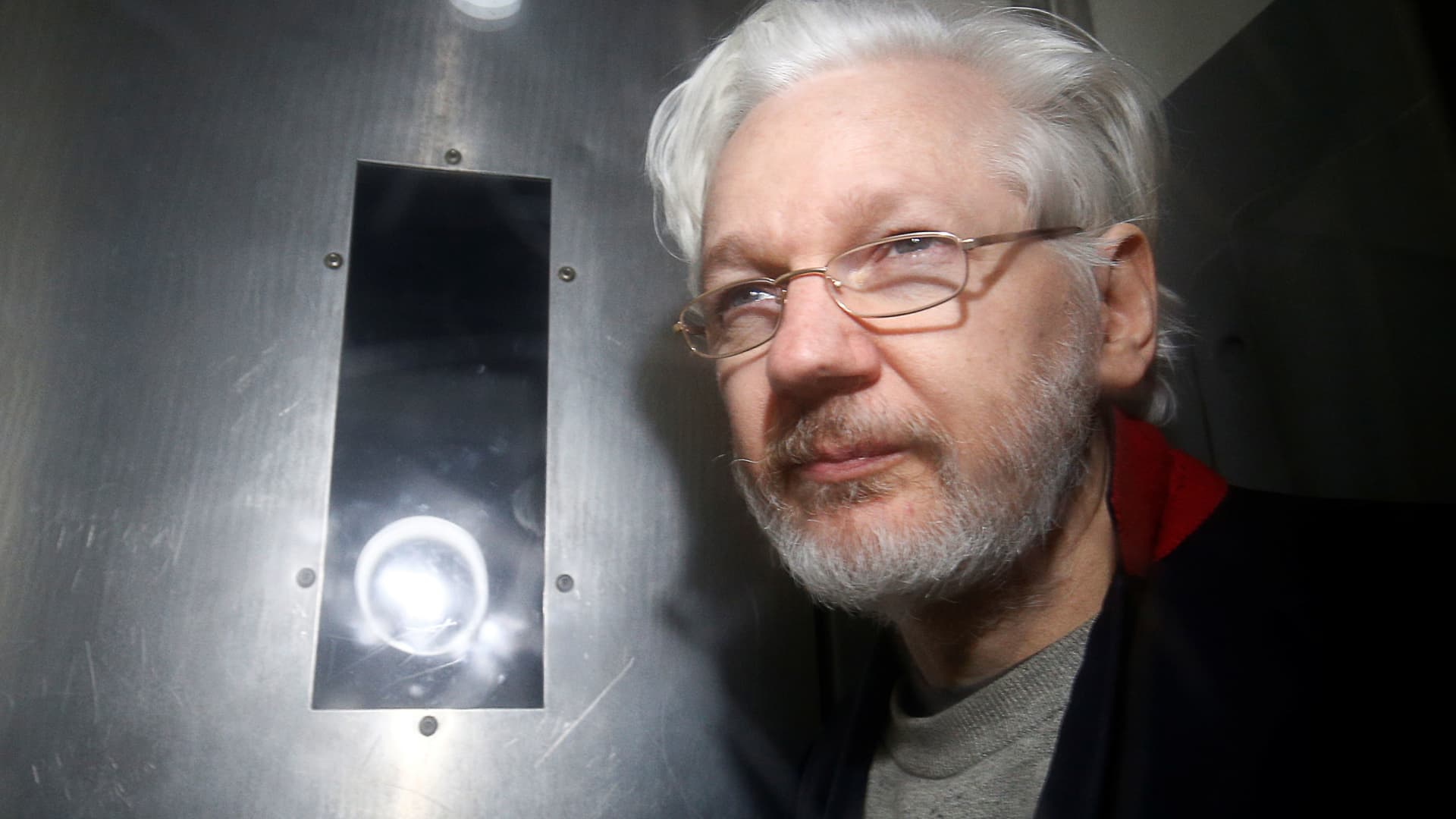
WikiLeaks' founder Julian Assange leaves Westminster Magistrates Court in London, Britain.
Henry Nicholls | Reuters
WikiLeaks founder Julian Assange on Tuesday was granted permission by a U.K. court to appeal his extradition to the U.S., where he is wanted on spying charges.
Assange will therefore not be extradited immediately, the court said.
The ruling from the Royal Courts of Justice in London means Assange will have the opportunity to pursue a new hearing, unless the U.S. provides "satisfactory assurances" on certain aspects that would address his grounds of appeal.
The court said it would give the U.S. three weeks to give assurances that Assange is permitted to rely on the First Amendment of the U.S. Constitution, that he is not prejudiced at trial by reason of his nationality, that he is afforded the same First Amendment protections as a U.S. citizen and that he would not be subject to the death penalty.
An appeal hearing will be granted if those assurances are not given. A further hearing on May 20 will determine whether the assurances provided are satisfactory, the court said.
The 52-year-old has been battling extradition for more than a decade. In that time, Assange has spent seven years in self-exile in the Ecuadorian embassy in London and the last nearly five years at Belmarsh, a high-security prison on the outskirts of the U.K. capital.
Assange is wanted in the U.S. on 18 charges, including 17 under the Espionage Act and one under the Computer Fraud and Abuse Act. He faces up to 175 years in prison after WikiLeaks published hundreds of thousands of leaked confidential military files and diplomatic documents related to the Afghanistan and Iraq wars.
Stella Assange, the wife of Julian Assange, (centre) outside the Royal Courts of Justice in London, ahead of the decision on whether the WikiLeaks founder's final UK bid to bring an appeal over his extradition to the United States can go ahead.
Stefan Rousseau - Pa Images | Pa Images | Getty Images
The U.S. says that the charges relate to Assange's alleged role "in one of the largest compromises of classified information in the history of the United States."
U.S. prosecutors seek to put Assange on trial for the release of the confidential military files and diplomatic cables. Assange has denied wrongdoing, and his lawyers have said the case against him is politically motivated.
WikiLeaks gained international prominence in 2010, when the website released footage from a 2007 U.S. helicopter attack that killed two Reuters news staff and several others in Iraq's capital, Baghdad.
It followed up this high-profile release by publishing hundreds of thousands of other classified files, making disclosures that often embarrassed Washington.
An 'astounding' ruling
Scores of protesters gathered outside the Royal Courts of Justice in London on Tuesday morning to call for Assange's release.
"Today's decision is astounding," Stella Assange, Assange's wife, told reporters outside the court.
"The courts recognize that Julian is exposed to a flagrant denial of his freedom of expression rights, that he is being discriminated against on the basis of his nationality, an Australian, and that he remains exposed to the death penalty," Stella Assange said.
"And yet, what the courts have done have been to invite a political intervention from the United States, to send a letter saying 'it's all OK.' I find this astounding," she added.
Assange did not attend a two-day hearing in February at London's High Court due to "serious poor health," WikiLeaks said via the X social media site at the time.

 FrankLin
FrankLin 







